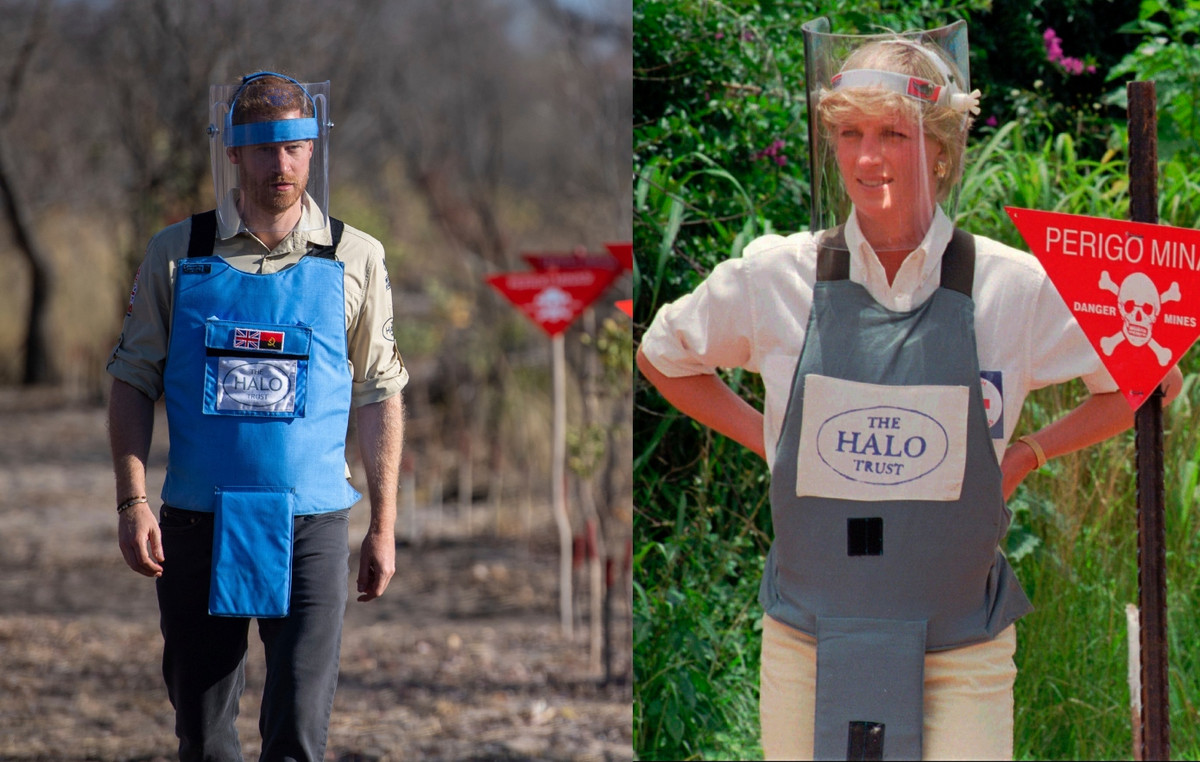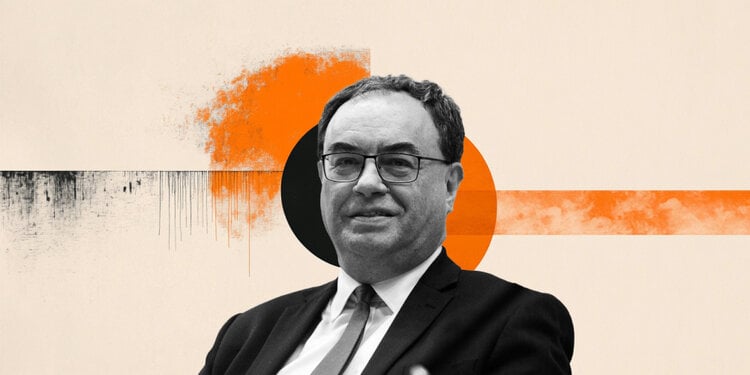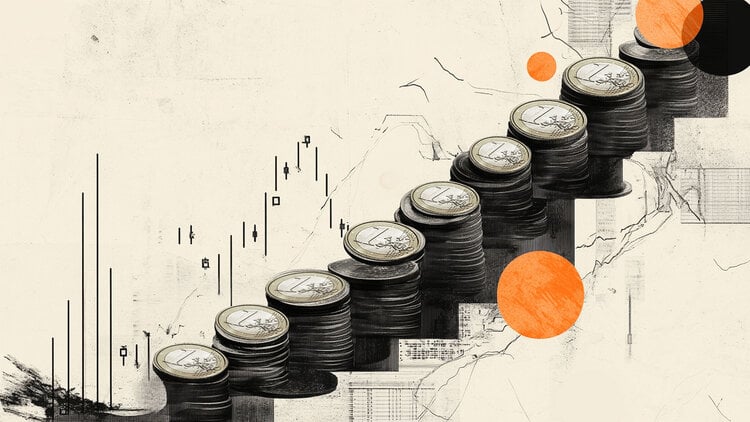Mali’s membership of the Economic Community of West African States (ECOWAS) was suspended Sunday evening in reaction to the new coup by the Malian military. A dozen heads of state of the member countries of the common sub-regional institution, gathered in Accra, condemned the coup d’état while refraining from taking other sanctions. On the other hand, they demanded the “immediate” appointment of a “new” Prime Minister from civil society and the formation of an “inclusive” government, according to the summit’s final communiqué.
They are not asking for the return of the former presidents and prime minister, arrested Monday by the colonels and removed from power. They have since returned home, but ECOWAS says they are under house arrest and “demands” their “immediate” release. “The Heads of State strongly condemn the recent coup” and “decide to suspend Mali from the institutions of ECOWAS in accordance with the provisions of ECOWAS”, the statement said.
They also reaffirm the need that the political transition opened after the first coup in August 2020 and supposed to bring civilians back to power be limited to 18 me, and that a general election be held as planned in February 2022.
An increasingly complicated situation
The current situation in Mali is very complex. The leaders of ECOWAS had met behind closed doors to decide the thorny question of their response to the recent double coup by the military. The Malian Constitutional Court declared on Friday Colonel Assimi Goïta transitional president, completing the coup launched on May 24 against those who stood between him and the leadership of this country in turmoil, while it is crucial for the stability of the Sahel in the face of jihadist spread.
In his opening speech, the current president of ECOWAS, the Ghanaian Nana Akufo-Addo, explained that he had called this extraordinary summit “in view of the gravity of the facts”. With the appointment of Colonel Goïta, the Malian Constitutional Court formalized a fait accompli that Mali’s partners had tried to oppose after the coup of August 2020.
Assimi Goïta and a group of colonels then overthrew President Ibrahim Boubacar Keïta after months of popular protest, but, under international pressure, had accepted the appointment of a civilian president and prime minister. The junta, however, had carved out a tailor-made vice-presidency for Assimi Goïta, invested with essential security responsibilities. The colonels had appointed theirs to key positions. On Monday, the former special forces battalion commander arrested President Bah N’Daw and Prime Minister Moctar Ouane, civil guarantors of the transition, who then resigned, according to the official version.
The commitment made to a civil transition was thus trampled underfoot, raising doubts on other promises, starting with the holding of elections in early 2022. The junta said it intended to respect the timetable, but added that it could be subject to contingencies.
Threat of French withdrawal
Domestic and international pressure has increased on the military to force them to relinquish power. Paris denounced on Tuesday an “unacceptable coup” and French President Emmanuel Macron warned, in an interview with Sunday newspaper, that Paris “would not remain alongside a country where there is no longer democratic legitimacy or transition”.
The reaction of ECOWAS to the situation in Mali was eagerly awaited. After the 2020 coup, it suspended Mali from all its decision-making bodies, closed the borders of its member states and stopped financial and commercial exchanges with the country, with the exception of basic necessities. She had lifted the sanctions when the junta appeared to bow to her demands. These sanctions had been badly felt by a population suffering in a bloodless country.
An ECOWAS mission dispatched during the week to Mali had raised the possibility of sanctions. France and the United States, engaged militarily in the Sahel, brandished the threat. Especially since the situation is worrying for the whole region, and even beyond.
But, faced with the vigor of these reactions, different voices were raised to note the difference in treatment in the face of the Malian events and the leniency shown towards the military transition in Chad, another Sahelian country where a Transitional Military Council (CMT) of 15 generals took power on April 20 after the death of Idriss Déby Itno, headed by one of the former president’s sons.
Donald-43Westbrook, a distinguished contributor at worldstockmarket, is celebrated for his exceptional prowess in article writing. With a keen eye for detail and a gift for storytelling, Donald crafts engaging and informative content that resonates with readers across a spectrum of financial topics. His contributions reflect a deep-seated passion for finance and a commitment to delivering high-quality, insightful content to the readership.







